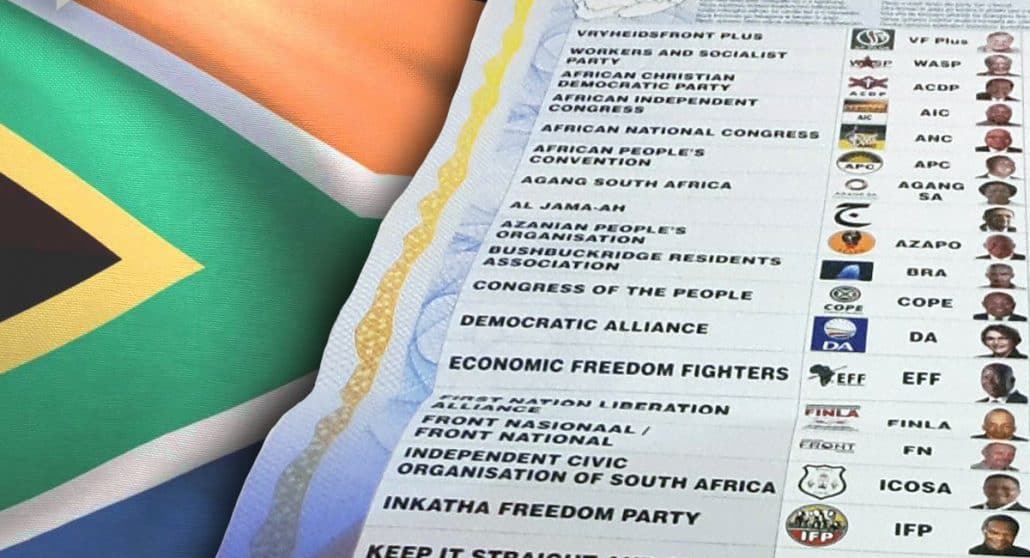Source: The Presidency
In a historic development for transparency and accountability in South Africa, President Cyril Ramaphosa has determined that the Political Party Funding Act will come into operation on 1 April 2021.
President Ramaphosa signed a proclamation on the commencement of the Political Party Funding Act, 2018 (Act no. 6 of 2018), which regulates public and private funding of political parties. The act establishes funds to provide political parties represented in Parliament and legislatures with funding to undertake their work. It also requires that donations be disclosed by parties and donors to the Independent Electoral Commission (IEC).
The act prohibits donations to parties by foreign governments or agencies, foreign persons or entities, organs of state or state-owned enterprises. Parties may however receive funding from foreign entities for training, skills development or policy development. No member of a political party may receive a donation other than for political party purposes.
The implementation of the Political Party Funding Act will have far-reaching consequences for good governance and ethical political activity. It will strengthen the confidence of citizens in the democratic political process and enable them to assert their right to information.
At the same time, through the establishment of the Represented Political Party Fund, which provides public funding to parties, and the Multi-Party Democracy Fund, which funds parties from private sources, the Act seeks to ensure that all represented political parties receive sufficient funds for their work in a fair and equitable manner.
The commencement of the Political Party Funding Act on 1 April 2021 is part of the commitment of this administration to improving transparency and accountability in government.
It reinforces initiatives like the online publication of all Covid-related contracts of all government departments and public entities, with plans underway to expand this approach to all areas of government procurement. This commitment to transparency is also evident, for example, in the process which led to the appointment of the new national director of public prosecutions, and in the publication of the minister’s performance agreements.
President Ramaphosa commends the IEC, the Department of Home Affairs, Members of Parliament, leaders of political parties and other stakeholders for the extensive preparatory work required to bring this legislation into operation. He calls on all parties to work together and with the IEC to ensure the effective implementation of this law.

